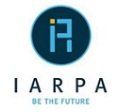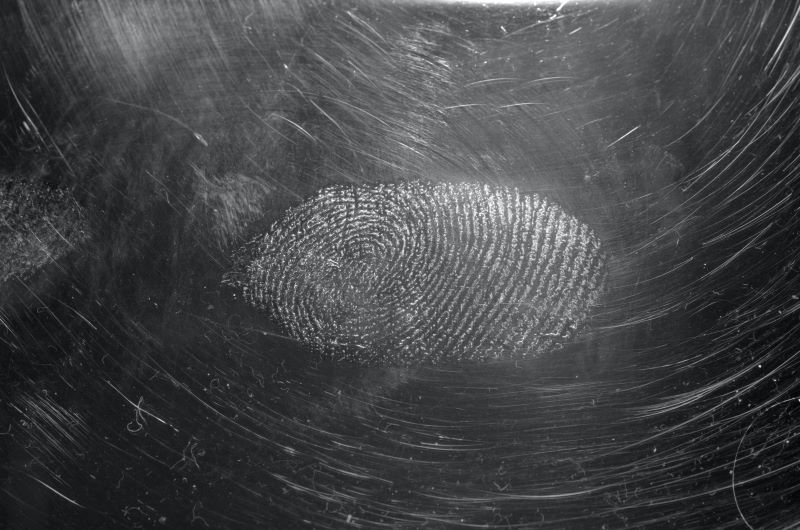IARPA announces Proposers’ Day for new MAEGLIN program
 On December 11, the Intelligence Advanced Research Projects Activity (IARPA) announced an upcoming Proposers’ Day Conference for the upcoming Molecular Analyzer for Efficient Gas-phase Low-Power INterrogation (MAEGLIN) solicitation (IARPA-BAA-16-01).
On December 11, the Intelligence Advanced Research Projects Activity (IARPA) announced an upcoming Proposers’ Day Conference for the upcoming Molecular Analyzer for Efficient Gas-phase Low-Power INterrogation (MAEGLIN) solicitation (IARPA-BAA-16-01).
The Intelligence Advanced Research Projects Activity (IARPA) will host a Proposers’ Day Conference for the MAEGLIN program on January 12, 2016, in anticipation of the release of a new solicitation. The Conference will be held from 9 am to 3 pm EST in the Washington, DC metropolitan area. The purpose of the conference will be to provide information on MAEGLIN and the research problems the program aims to address, to address questions from potential proposers and to provide a forum for potential proposers to present their capabilities for teaming opportunities.
Attendees must register no later than 5 pm EST January 5, 2016 at http://events.SignUp4.com/MAEGLINProposersDay_Registration. Directions to the conference facility and other materials will be available on that website. No walk-in registrations will be allowed.
The MAEGLIN program intends to develop an ultra-low-power chemical analysis system combining high dynamic range separation with absolute chemical identification for monitoring of explosives, chemicals, narcotics, and nuclear materials.
MAEGLIN is anticipated to be a two-phase program. In Phase 1 the program will be structured as three separate thrust areas:
- Low-power, reversible gas phase collection and pre-concentration. Modular front end adaptor to add additional capability for aerosol, liquid, and solid phase collection and volatilization.
- Non-destructive fractionation of chemical mixtures with high dynamic range, including the ability to “bleed off” all or part of selected fractions if desired. Low power and minimal (preferably no) consumables.
- High-accuracy identification of pure compounds or low-count mixtures with a large and adaptable library. Low power and minimal (preferably no) consumables.
Phase 2 will culminate in an integrated prototype demonstration. Collaborative efforts and teaming among potential performers will be encouraged. It is anticipated that teams will be multidisciplinary, and might include expertise in pre-concentrators and sorbents; aerosol, liquid, and solid concentration and separation; chromatography; spectrometry; ionization techniques; Micro-Electrical-Mechanical Systems (MEMS) device design and fabrication; micro-fluidics and computational fluid dynamics; spectral library development; chemical detection and clutter filter algorithms; miniature vacuum pump technology; and low power electronics. Power source development will not be funded as part of the MAEGLIN program. IARPA anticipates that academic institutions and companies from around the world will participate in this program. Researchers will be encouraged to publish their findings in academic journals.
Full information is available here.
Source: FedBizOpps







